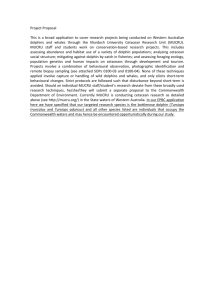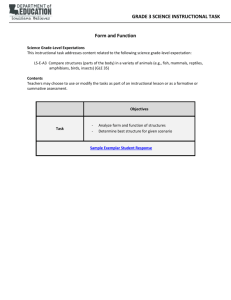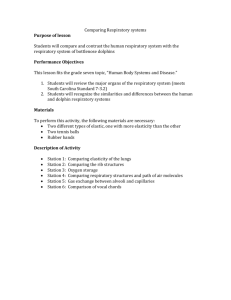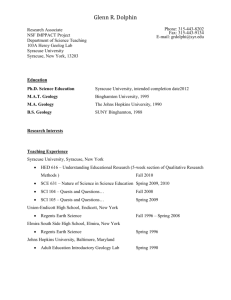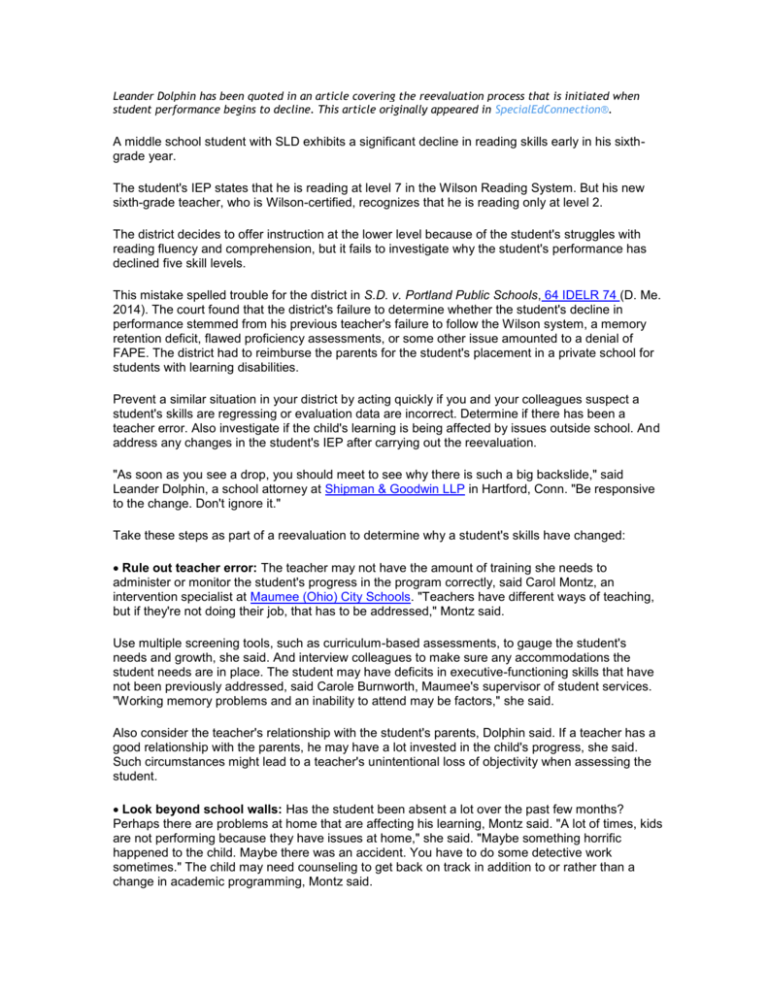
Leander Dolphin has been quoted in an article covering the reevaluation process that is initiated when
student performance begins to decline. This article originally appeared in SpecialEdConnection®.
A middle school student with SLD exhibits a significant decline in reading skills early in his sixthgrade year.
The student's IEP states that he is reading at level 7 in the Wilson Reading System. But his new
sixth-grade teacher, who is Wilson-certified, recognizes that he is reading only at level 2.
The district decides to offer instruction at the lower level because of the student's struggles with
reading fluency and comprehension, but it fails to investigate why the student's performance has
declined five skill levels.
This mistake spelled trouble for the district in S.D. v. Portland Public Schools, 64 IDELR 74 (D. Me.
2014). The court found that the district's failure to determine whether the student's decline in
performance stemmed from his previous teacher's failure to follow the Wilson system, a memory
retention deficit, flawed proficiency assessments, or some other issue amounted to a denial of
FAPE. The district had to reimburse the parents for the student's placement in a private school for
students with learning disabilities.
Prevent a similar situation in your district by acting quickly if you and your colleagues suspect a
student's skills are regressing or evaluation data are incorrect. Determine if there has been a
teacher error. Also investigate if the child's learning is being affected by issues outside school. And
address any changes in the student's IEP after carrying out the reevaluation.
"As soon as you see a drop, you should meet to see why there is such a big backslide," said
Leander Dolphin, a school attorney at Shipman & Goodwin LLP in Hartford, Conn. "Be responsive
to the change. Don't ignore it."
Take these steps as part of a reevaluation to determine why a student's skills have changed:
Rule out teacher error: The teacher may not have the amount of training she needs to
administer or monitor the student's progress in the program correctly, said Carol Montz, an
intervention specialist at Maumee (Ohio) City Schools. "Teachers have different ways of teaching,
but if they're not doing their job, that has to be addressed," Montz said.
Use multiple screening tools, such as curriculum-based assessments, to gauge the student's
needs and growth, she said. And interview colleagues to make sure any accommodations the
student needs are in place. The student may have deficits in executive-functioning skills that have
not been previously addressed, said Carole Burnworth, Maumee's supervisor of student services.
"Working memory problems and an inability to attend may be factors," she said.
Also consider the teacher's relationship with the student's parents, Dolphin said. If a teacher has a
good relationship with the parents, he may have a lot invested in the child's progress, she said.
Such circumstances might lead to a teacher's unintentional loss of objectivity when assessing the
student.
Look beyond school walls: Has the student been absent a lot over the past few months?
Perhaps there are problems at home that are affecting his learning, Montz said. "A lot of times, kids
are not performing because they have issues at home," she said. "Maybe something horrific
happened to the child. Maybe there was an accident. You have to do some detective work
sometimes." The child may need counseling to get back on track in addition to or rather than a
change in academic programming, Montz said.
Keep in mind that the student's skills may appear to be decreasing because of a change in or
removal of medication, Dolphin said. "The child's parents could have taken him off his medication,"
she said. "That could have had an impact on his concentration."
Amend student's IEP: Work with the student's parents in a team meeting to determine if his
goals and objectives need to be adjusted to address his changing needs, Dolphin said. You can
always try out any changes for a few months, then reconvene the team to decide if they are
appropriate.
If the student has received a lot of services at an inappropriate level, you may also want to discuss
the possibility of offering compensatory services, Dolphin said. "Compensatory education is
intended not as a direct replacement of service, but to bring a student to the place he should have
been absent the deprivation," she said. "I don't think schools should shy away from offering that."
Cara Nissman covers RTI, autism, and school psychology issues for LRP Publications.
May 14, 2015
Reprinted with Permission from: SpecialEdConnection®. Copyright © 2015 by LRP Publications, 360 Hiatt
Drive, Palm Beach Gardens, FL 33418. All rights reserved. For more information on this or other products
published by LRP Publications, please call 1-800-341-7874 or visit our website
at www.specialedconnection.com.
2



